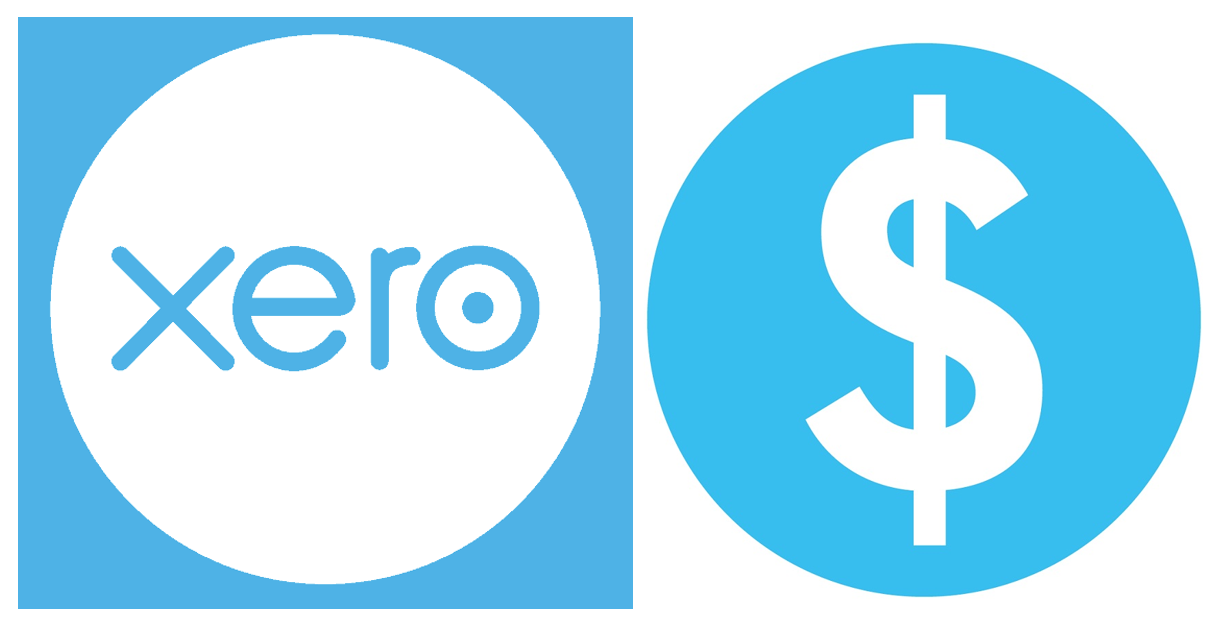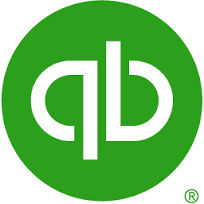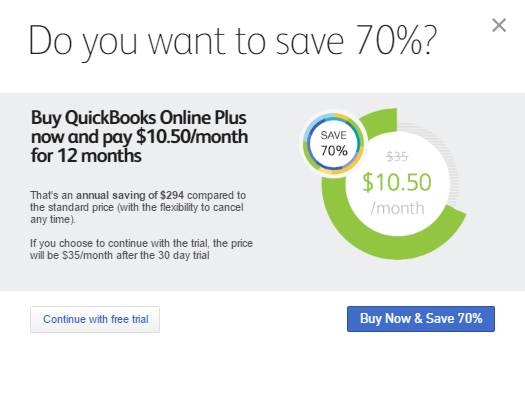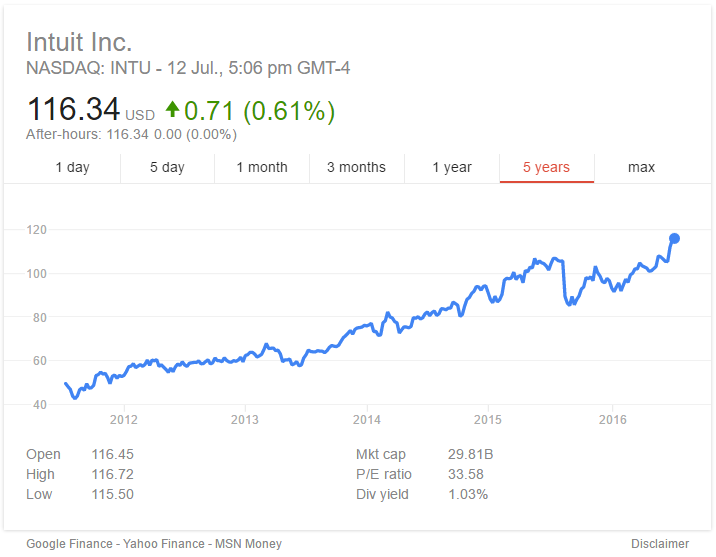Xero was a market leader, but what do accountants think of it now?
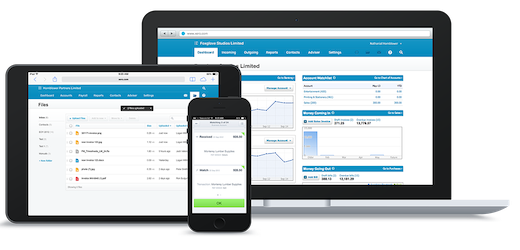 When Xero was launched a few years ago, one of its selling points was that, compared with other accounting software – in particular, MYOB – Xero was incredibly easy to use, and it was also cloud-based, which meant you could access your accounts from any computer, any device, anywhere, anytime. This helped Xero to get a major foothold in the marketplace here in Australia, where MYOB had always reigned supreme.
When Xero was launched a few years ago, one of its selling points was that, compared with other accounting software – in particular, MYOB – Xero was incredibly easy to use, and it was also cloud-based, which meant you could access your accounts from any computer, any device, anywhere, anytime. This helped Xero to get a major foothold in the marketplace here in Australia, where MYOB had always reigned supreme.
But it wasn’t long before we started getting requests from bookkeepers and accountants for a Xero training course, in addition to our already existing MYOB training courses. It turned out that, as more businesses (tradies, for example) started using Xero because of its cloud functionality, their bookkeepers and accountants were finding that they needed training in some of Xero’s features and functions, despite Xero being billed as the easy alternative to MYOB.
Perhaps Xero isn’t that intuitive to use without a training course?
Since introducing our Xero training course, we’ve also noticed a significant upswing in enrolments, especially from bookkeepers, with many noting that the bank reconciliations and adjustments features in Xero are difficult to navigate. This got us wondering as to whether Xero really is that easy to use compared with MYOB, or whether it there might be an easier alternative out there, especially for small businesses managing all of their own accounts.
QuickBooks wants to be the small biz accounting software of choice
Since QuickBooks re-emerged in Australia, with full backing from their US-based parent company, Intuit, they’ve been cornering the small business market, with their inexpensive pricing plans and now by announcing a partnership deal with PayPal (paypal want you to be paid quicker) that enables a two-way flow of data between both QuickBooks and PayPal.
The QuickBooks-PayPal deal follows a similar union between Saasu and Westpac, which promises Saasu and Westpac customers with direct bank feeds to provide business owners with real-time insights into their cashflow. As one of the Big Four banks – and, quite often, the preferred bank for most Australian businesses – the union is hoped to give Saasu a leg up into the increasingly competitive cloud-accounting market, which saw the shuttering of the Australian-owned Reach Accounting earlier this year.
QuickBooks is well-placed to topple Xero
At more than half the price of Xero’s ‘standard’ plan (the starter plan at $25 per month is the most limited ‘starter’ plan I’ve seen), QuickBooks’s starter plan is already appealing to the money conscious small business owner; the PayPal deal only strengthens that.
Ever since PayPal spun off from eBay earlier this year, it’s been announcing new services that specifically target small business owners primarily doing business online – first by introducing inexpensive invoicing, card readers, and now by integrating with QuickBooks. As PayPal is the only online payment service operating in Australia, the two companies are now exceptionally placed to take the Australian small business market.
Perhaps losing the small business market isn’t a primary concern for Xero, which seems to be aligning itself to take the MYOB medium-sized business market, anyway. Regardless, QuickBooks is definitely a force to be reckoned with (forgive the pun) in the Australian cloud accounting space.
We’re in the process of developing a QuickBooks training course, so if you’d like to register your interest to receive alerts and announcements about its progression, you can do so at our website. Alternatively, if you’re looking for training courses in either Xero or MYOB, you can enrol in either course online today and do your course over the Christmas and holiday season when you might have some time to do one while you reflect on your goals for 2016.
